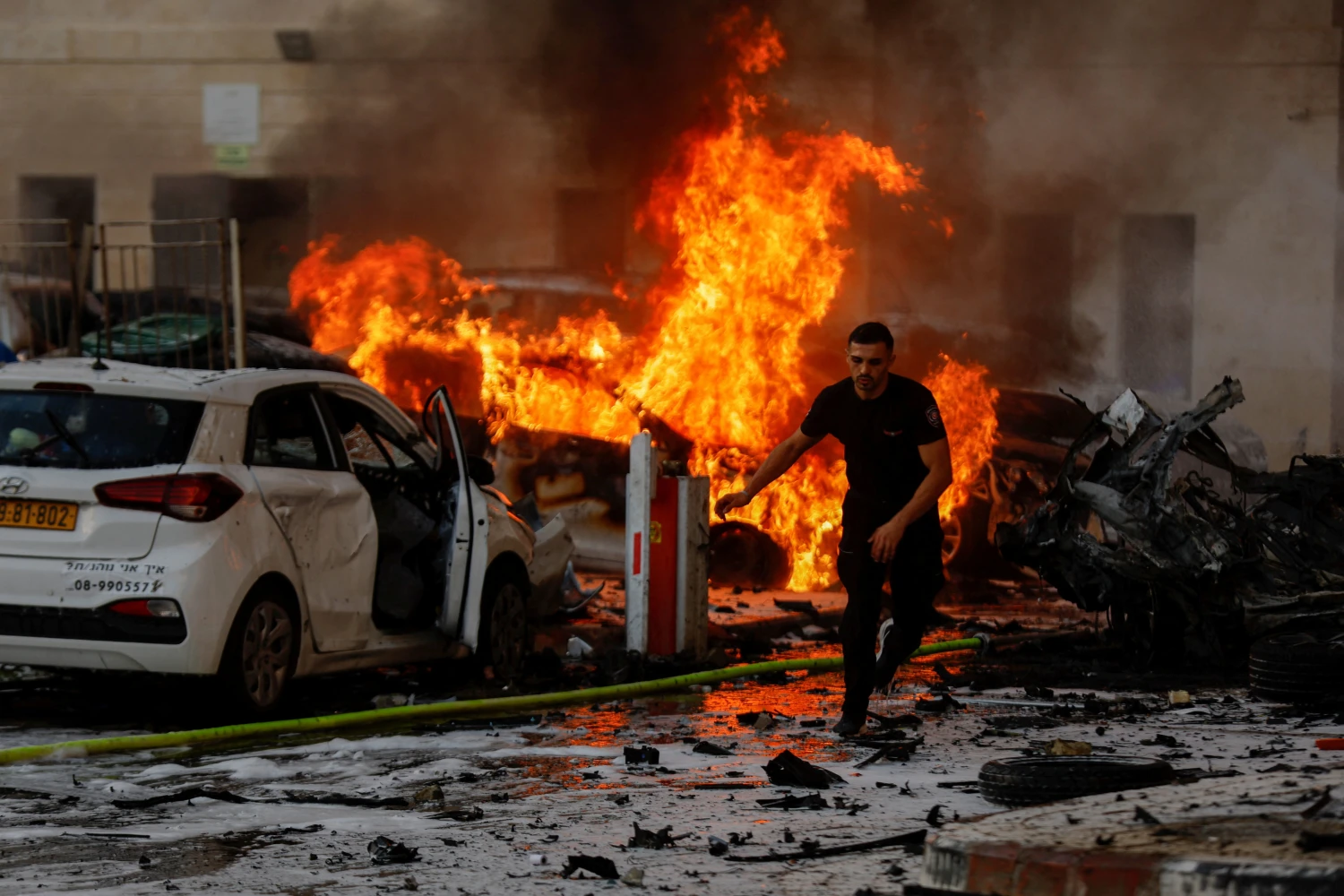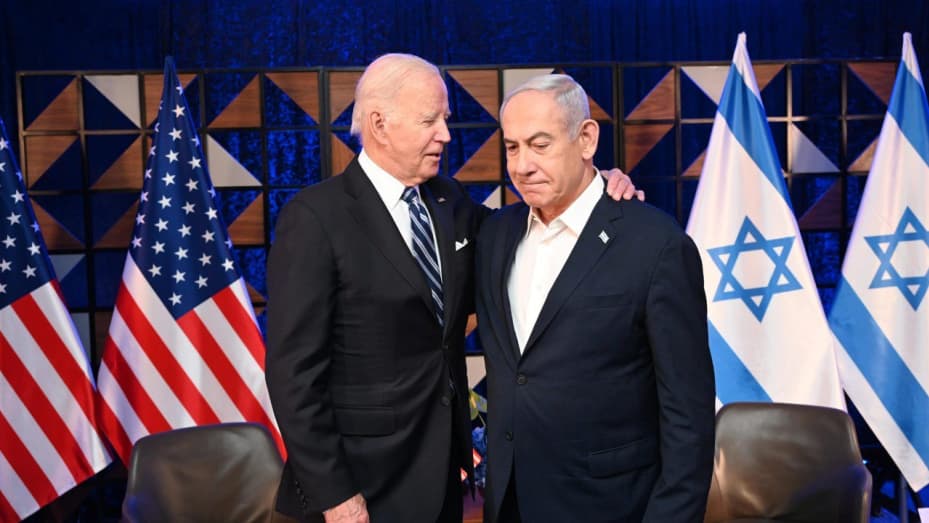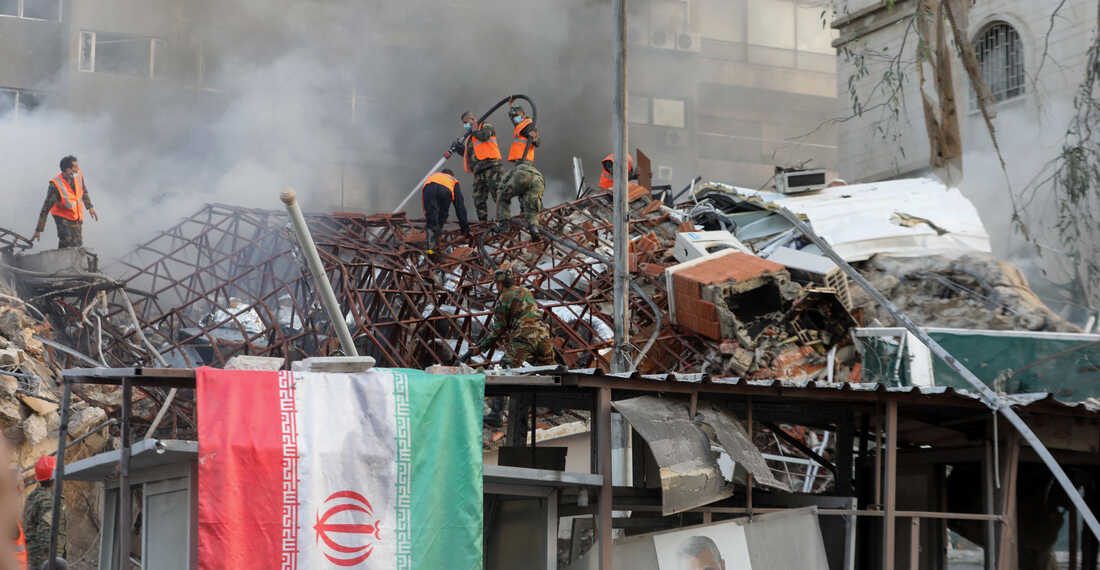Amid escalating tensions with Iran, Israeli Prime Minister Benjamin Netanyahu reiterated his country’s commitment to making independent decisions regarding its defense strategies.
Western nations, including the United States, the European Union, and the G7, urged restraint following a series of attacks from Iran.
These attacks were viewed as retaliatory measures by Iran against suspected Israeli airstrikes targeting its embassy compound in Damascus on April 1.

In response to Iran’s actions, Israel’s Air Force conducted airstrikes on Hezbollah infrastructure in eastern Lebanon, raising concerns of further escalation in the region.
Netanyahu met with German and British foreign ministers to discuss the situation, emphasizing Israel’s determination to defend itself autonomously.
The international community is intensifying efforts to prevent a full-scale conflict between Israel and Iran. Jordan has warned of devastating consequences for the region if tensions continue to escalate.
Diplomatic initiatives are underway to find a peaceful resolution to the ongoing conflict, which has already claimed numerous lives on both sides.
As part of its response to Iran, the United States plans to impose new sanctions targeting Iran’s missile and drone program, with expectations that its allies will follow suit.
Discussions on implementing sanctions are ongoing among EU leaders and G7 foreign ministers.
The conflict between Israel and Iran has further complicated the situation in the Middle East, exacerbating existing tensions in the region.

With Hamas militants triggering a war in Gaza and clashes erupting in Lebanon, Syria, Yemen, and Iraq, the region is experiencing heightened instability.
As the situation unfolds, efforts are being made to facilitate negotiations and mitigate the humanitarian impact of the conflict.
However, the prospects for a peaceful resolution remain uncertain, with both sides showing little willingness to compromise.






